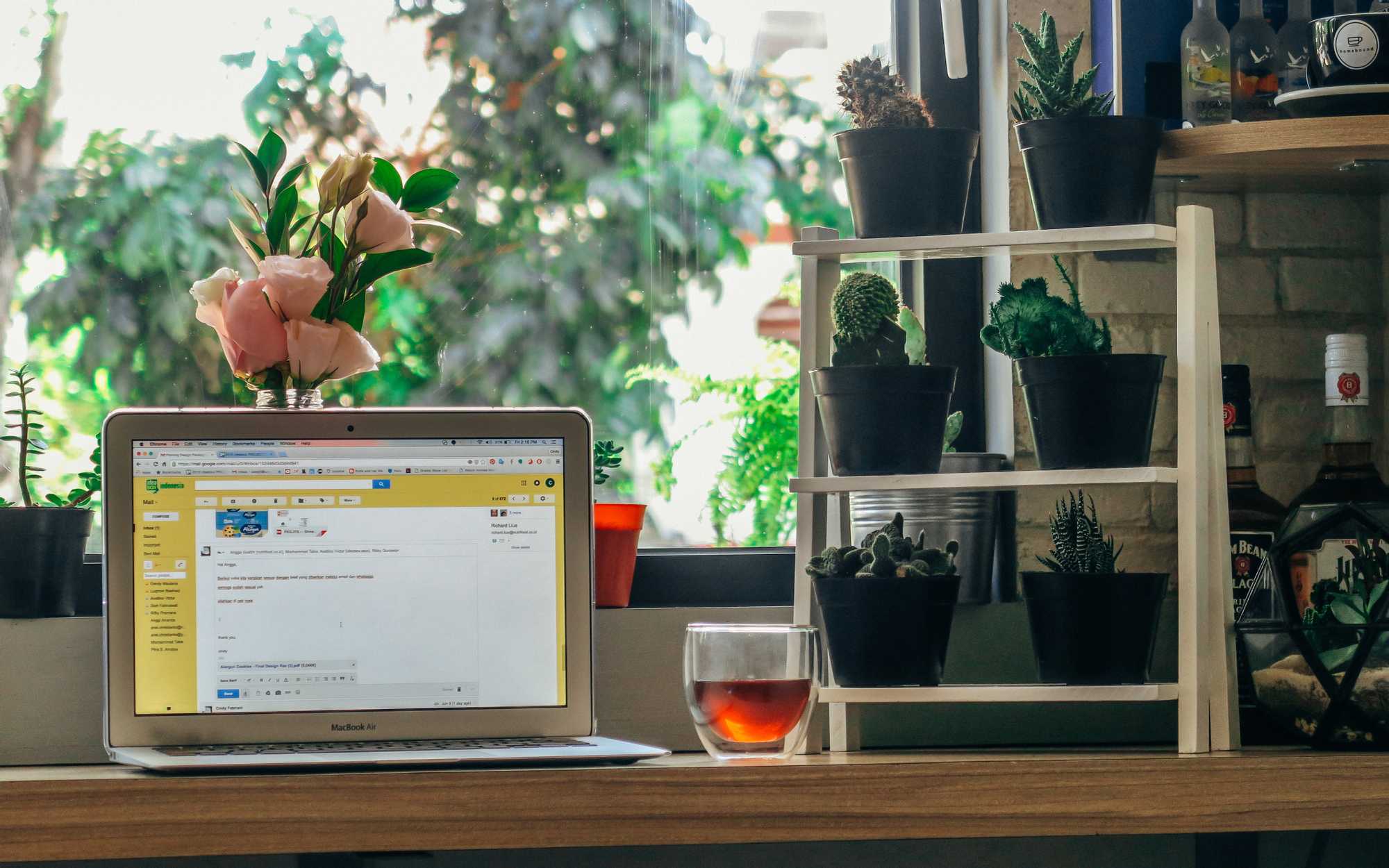by Francesco Agnoletto
Learning to work remotely
Goodbye to the office
November 11, 2019I’ve tried explaining to my mother over the years, what working remotely really is. While I made some big steps forward in explaining to her that I do in fact work. She still holds the idea that remote working is not “really working”.
The lack of an office and colleagues in the same room does not make the quality or the amount of work any different. If that was the case, remote jobs would either be paid as a full-time part-time or it wouldn’t exist to begin with.
One of the questions I get asked more frequently regarding working remotely is “How do you manage to work at home with so many distractions?“.
I believe this is one of the most important issues working remotely. It deserves more words than a can fit twitter PM and more visibility than an email.
The safety of the office
There’s nothing more motivational for work than to be surrounded by people who work.
Seeing everyone around you being productive is great. You start doing something just to fit in and 8 hours later it’s time to go home.
The other side of the coin is distractions. It is inevitable when you put a lot of people in the same room.
A colleague tapping your shoulder, coffee break, cigarette break, useless meetings, and on and on. All these little things take time from you.
It might seem like part of the job, nobody is going to reprimand you for helping a colleague or being in a meeting. But most of it is time lost. And time equals productivity.
Eight hours in an office filled with distractions can shave in half your output.
The challenge of working from home
Remember that time you said you were going to be productive on the weekend, wake up early and get stuff done. How many times did you actually do it?
When there’s nobody working around you, you can’t rely on peer pressure to be productive.
At the same time, being able to pick your own office you can really be distraction-free.
But that doesn’t just happen. Being at home, you will probably be distracted by everything.
“I could water the plants”, “what if I clean up a little bit”, “There’s no milk in the fridge, I should buy some”.
The easiest way to solve both problems is to join a coworking space.
You pay a monthly or daily fee, you get a shared desk or an office surrounded by people working hard. On top of this already good deal, you get the added benefit that you don’t work with any of the people around you. They can’t distract you if they don’t need anything from you.
A good coworking space can even serve as a hub to know other professionals in the same field. The networking possibilities can be very well worth it.
But at the end of the day, you are still paying to work. It might be good if you can turn networking into a positive investment.
If you are only looking for a nice environment to work, a coworking can leave a very weird taste after a while.
It becomes too similar to an office. You get to know the regulars, make friends and welcome back the office distractions, or the place is empty (most of my experiences) and you lose the peer pressure.
A coworking space is a step everyone working remotely should try for a few weeks.
Going back to working from home, the disadvantage was only one, not being able to focus by yourself.
This is one of the biggest problems of working remotely.
Being able to focus and work without distracting yourself a skill that can be hard to master.
I have a few tricks I use to focus while working remotely.
One of my most effective habits is to set up objectives for the day, a todo list for my 8 hours of work.
- Check emails
- Review PR #186
- Fix bug #189
- Continue working on X until Y works
- Coordinate with colleague about Z
This way I can go on about my day check-marking every small task as I complete it. I try to be as atomic as possible with the tasks so I can add more checkmarks. An added benefit is to be able to describe in a detailed and methodic way your tasks to your colleagues if you use any tracking tool like Geekbot for Slack.
Make sure the room or the desk or laptop you use is uniquely associated with work. In my case, both my working station and laptop are used uniquely for work. This helps me create a distinction between what is work and what isn’t.
Music can always help focus. I tend to listen to lo-fi beats while working. Be careful not to pick something you like to listen outside of work or you will start associating it with work.
Remote means you can work from anywhere
Not trading an office for a coworking space.
Learning to focus will help you work from anywhere in any condition.
Working remotely can free up so much time for yourself.
Reading books, learning a new language, writing articles, doing yoga, raising a family, getting a second job.
How to use it is up to you.
